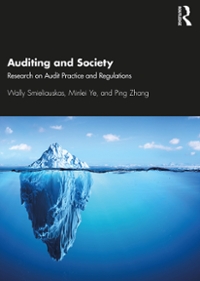1. Which of the following is not a primary reason why corporation invest in debt and equity securities? A. They wish to gain control of a competitor. C. They have excess cash. B. They wish to move into a new line of business. D. They are required by FSAB. 2. Debt investments are initially recorded at: A. Cost. C. Fair value. B. Cost plus accrued interest. D. Face value 3. You have a controlling interest if: A. You own more than 20% of a company's stock. C. You use the equity method. B. You are the president of the company. D. You own more than 50% of a company's stock. 4. Carlos Corporation issued a 20-year mortgage note payable on January 1, 2022. At December 31, 2022, the unpaid principal balance will be reported as: A. A current liability. C. Part current and part long-term liability. B. A long-term liability. D. Interest payable. 5. The market price of a bond is dependent on: A. The payment amounts. C. The interest rate. B. The length of time until the amounts are paid. D. All of the above. 6. Carlos Inc. issues 10-year bonds with a maturity value of 200,000 . If the bonds are issued at a premium, this indicates that: A. The contractual interest rate exceeds the market interest rate. B. The market interest rate exceeds the contractual interest rate. C. The contractual interest rate and the market interest rate are the same. D. No relationship exists between the two rates. 7. Which of the following statements about a 3 -for-1 stock split is true? A. It will triple the market price of the stock. B. It will triple the amount of total stockholders' equity. C. It will have no effect on total stockholders' equity. D. Prior period adjustments. 8. Entries for cash dividends are required on the: A. Declaration date and the payment date. B. Record date and the payment date. C. Declaration date, record date, and payment date. D. Declaration date and the record date. 9. Corporation income statements may be the same as the income statements for unincorporated companies except for: A. Gross profit. C. Operating income. B. Incame tax expense. D. Net sales. 10. Preferred stock may have priority over common stock except in: A. Dividends. C. Cumulative dividend features. B. Assets in the event of liquidation. D. Voting







